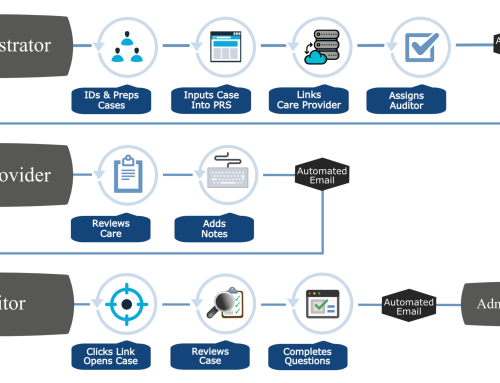Health System Best Practices: Profitable health systems tend to exhibit certain behaviors and policies that distinguish them from less profitable ones. Here are some of the most common:
- Emphasizing preventive care: Profitable health systems often focus on preventive care, such as wellness programs, health screenings, and immunizations. By keeping patients healthy and catching potential health problems early, these systems can reduce the need for expensive treatments down the line.
- Investing in technology: Profitable health systems tend to invest in cutting-edge technology that can improve patient outcomes and operational efficiency. Examples include electronic health records, telemedicine, and predictive analytics.
- Streamlining operations: Profitable health systems often prioritize operational efficiency, eliminating waste and redundancies wherever possible. This can involve consolidating services, standardizing processes, and automating tasks that were previously done manually.

- Maintaining a strong workforce: Profitable health systems recognize the value of having a skilled and engaged workforce. They invest in ongoing training and development for their employees, offer competitive compensation and benefits packages, and foster a positive work environment.
- Collaborating with other providers: Profitable health systems often collaborate with other providers, such as primary care physicians, specialists, and community organizations. This can help them provide more comprehensive care and better coordinate services for patients.
- Prioritizing patient satisfaction: Profitable health systems understand that satisfied patients are more likely to return and recommend their services to others. They prioritize patient satisfaction by offering personalized care, reducing wait times, and providing clear communication throughout the care process.
- Adapting to changing payment models: Profitable health systems are able to adapt to changing payment models, such as value-based care and bundled payments. They work to align their incentives with those of payers and focus on delivering high-quality care that meets the needs of patients and payers alike.
These behaviors and policies are not exclusive to profitable health systems, but they are often associated with successful ones. By focusing on health system best practices, preventive care, investing in technology, streamlining operations, maintaining a strong workforce, collaborating with other providers, prioritizing patient satisfaction, and adapting to changing payment models, health systems can improve their bottom line while also providing better care to their patients.
Sources:
“The Habits of Highly Successful Health Systems.” Advisory Board.
“6 Key Strategies for Healthcare Systems to Stay Profitable in a Value-Based World.” Becker’s Hospital Review.
“The Top 5 Habits of Profitable Health Systems.” Health Catalyst.
| Editor’s Note: BHM Healthcare Solutions offers NCQA consulting services with a perfect track record of success for our clients. Contact BHM for a brief discussion on how BHM achieves success. CLICK HERE |




